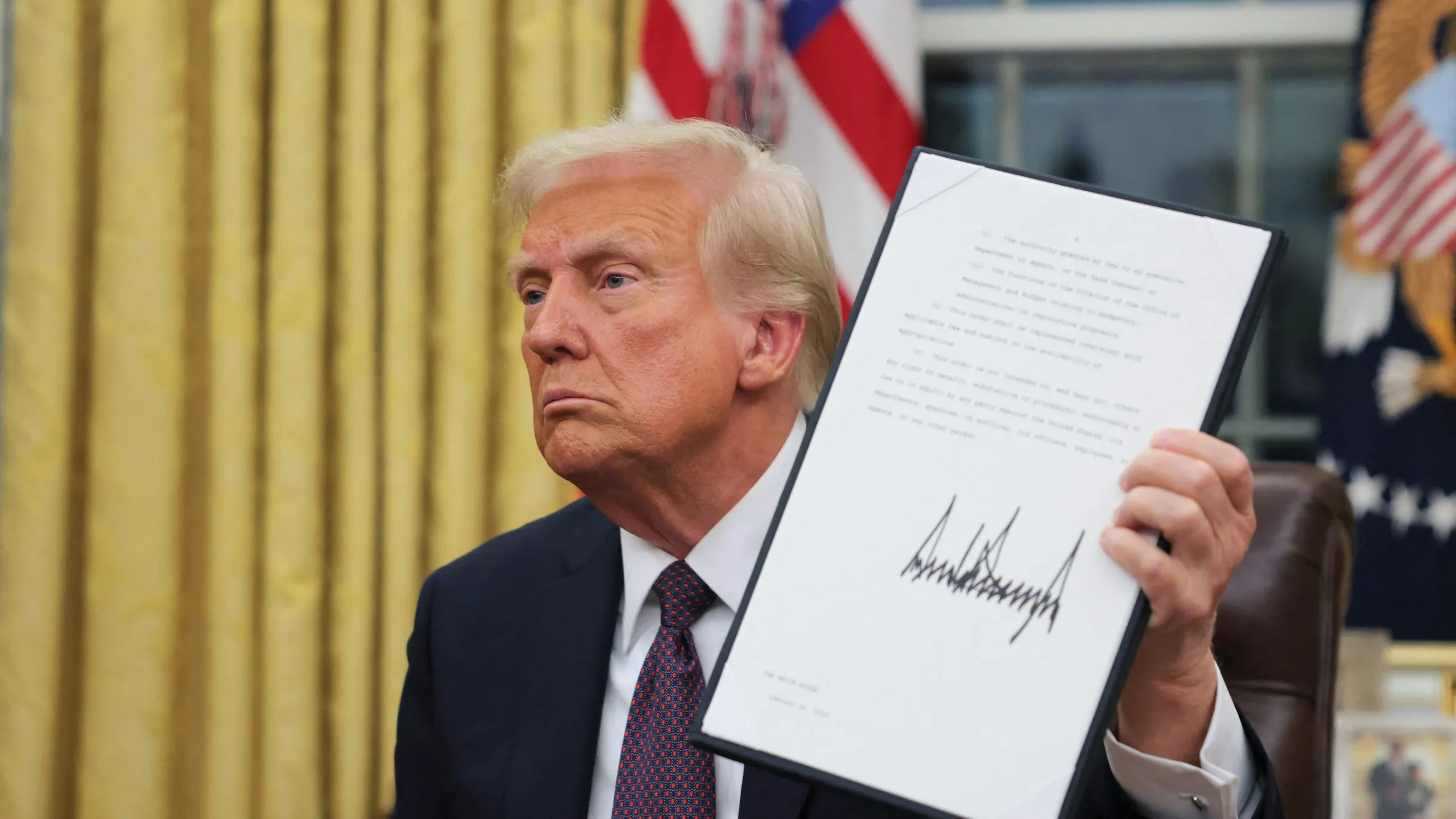Legal Battle Erupts: States Unite Against Trump’s Birthright Citizenship Order
In a landmark legal confrontation, 22 states have launched a comprehensive lawsuit challenging President Trump’s controversial executive order targeting birthright citizenship. The legal action represents a significant pushback against an attempt to fundamentally alter long-standing immigration policy in the United States.
Led by Democratic attorneys general from states including California, New York, and Illinois, the lawsuit argues that the executive order is “flagrantly unlawful” and directly violates the Constitution’s 14th Amendment. This amendment, ratified in 1868, has traditionally guaranteed citizenship to all individuals born on U.S. soil, regardless of their parents’ immigration status.
The legal challenge centers on several critical points:
- Constitutional integrity
- Protection of immigrant rights
- Preservation of long-standing citizenship policies
- Preventing potential discrimination
Key Legal Arguments:
- The executive order undermines a century-old immigration policy
- It threatens the fundamental rights of children born in the United States
- The order potentially creates a class of stateless individuals
Civil rights groups have joined the legal battle, emphasizing the potential devastating impact on immigrant families and communities. “This is not just a legal issue, but a human rights concern,” said Maria Rodriguez, a prominent immigration rights advocate.
The lawsuit seeks a preliminary injunction to prevent the enforcement of the executive order, which would effectively strip citizenship from children born to non-citizen parents. Legal experts suggest that the outcome could set unprecedented precedents in immigration law and constitutional interpretation.
White House Response
The Trump administration has defended the executive order, characterizing the lawsuits as “political resistance from the left.” White House officials maintain confidence in the legal standing of their policy, arguing that it addresses critical immigration concerns.
Notably, the order specifically targets children whose mothers are not legally in the United States and whose fathers are not U.S. citizens or lawful permanent residents. This narrow definition has raised significant constitutional questions about presidential authority to unilaterally modify citizenship interpretations.
Historical Context
The 14th Amendment was originally designed to ensure citizenship for former slaves, but has since been interpreted as a broad guarantee of birthright citizenship. Legal scholars are now closely examining the potential implications of this executive challenge.
Potential Implications:
- Redefinition of citizenship rights
- Impact on immigrant communities
- Precedent for future immigration policies
- Constitutional interpretation challenges
The lawsuit involves a diverse coalition of states, including Maryland, New Jersey, California, Massachusetts, and others, totaling 18 states plus the District of Columbia and San Francisco. This united front underscores the widespread legal opposition to the executive order.
Expert Perspectives
Constitutional law experts have raised significant doubts about the president’s unilateral power to alter constitutional interpretations. “This is a complex legal challenge that goes to the heart of constitutional rights,” noted Professor Emily Chen from Stanford Law School.
As the legal battle unfolds, the nation watches closely. The outcome could have far-reaching implications for immigration policy, citizenship rights, and the fundamental understanding of who belongs in the United States.
Conclusion
This lawsuit represents more than a legal dispute—it is a profound examination of American identity, constitutional rights, and the ongoing national debate about immigration. The courts will ultimately decide the fate of this controversial executive order.
Stay informed as this critical legal battle continues to develop.






Leave a Comment